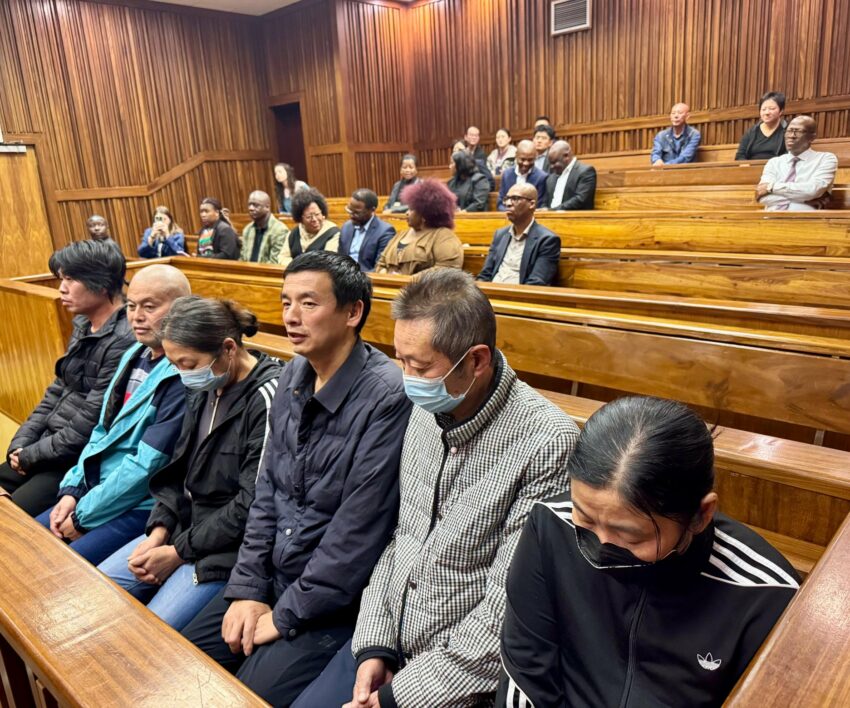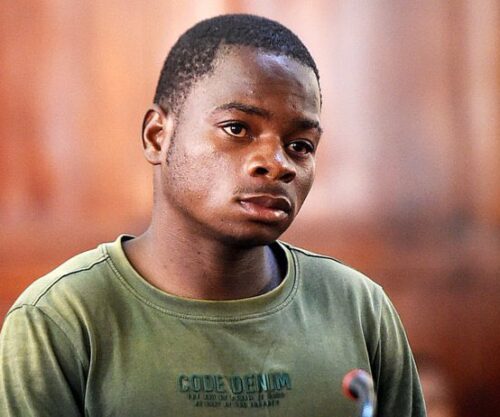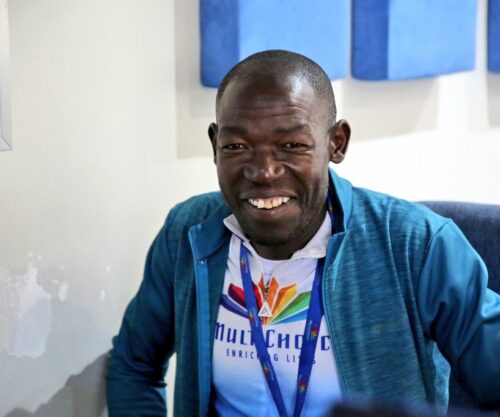
When Justice Slows Down: The Story of Beautiful City’s Dark Factory
In late 2019, a workforce of vulnerable dreams was caged inside “Beautiful City,” a textile factory in Village Deep, Johannesburg. Workers, primarily undocumented Malawians, including teenagers as young as 14, found themselves locked in, forced to endure 11-hour shifts, seven days a week, with no safety gear or hope in sight.
Fast forward to February 25, 2025: seven Chinese nationals, Kevin Tsao Shu-Uei, Chen Hui, Qin Li, Jiaqing Zhou, Ma Biao, Dai Junying, and Zhang Zhilian, were convicted on a staggering 160 counts. Their crimes ranged from human trafficking and child labour to widespread violations of South Africa’s labour laws. These included exploiting workers, failing to register with statutory funds, and maintaining unsafe conditions.
The Shadow of Delay: Why Sentencing Kept Being Pushed Back
If justice arrives slowly, it can feel almost forgotten. Sentencing, initially set for early March, was postponed multiple times:
-
March 2025: Defence cited a stroke suffered by Dai Junying and the need to study the judgment. New dates were set for late April.
-
April: Again pushed to late June, as pre-sentencing reports were still pending.
-
June: Defence counsel withdrew, probation reports remained incomplete, and the next date was scheduled for early July.
-
September 2025: As sentencing loomed, the prosecution argued strongly for minimum prescribed prison terms, while the defence still pushed for leniency or non-custodial options.
Meanwhile, probation officers had made their stance clear: “Imprisonment is the only appropriate response.”
A Closer Look: What Mzansi Should Know
Let’s peel back more layers:
-
Local Repercussions: This case isn’t just about foreign nationals. It’s a reflection of the ongoing battle against modern slavery and exploitation in South Africa, a country where desperation, illegal immigration, and unregulated labour intersect dangerously.
-
Cultural Angle: Village Deep is more than a dusty industrial suburb; it’s a microcosm of how economic desperation turns human beings into components in unethical supply chains.
-
Missing Context: None of the sources mention any surviving victims or their current status—no rehabilitative follow-up, no testimony on how families were impacted, and no mention of compensation.
-
Fresh Commentary: The defendants seem to have treated the legal delays as procedural pauses—while victims’ lives hung in limbo. That disconnect between suffering and legal pacing is a commentary on how slow justice can feel for those most affected.
Why This Story Still Matters
-
Human Cost: This is more than corporate crime, it’s the story of trapped children, fear, and broken promises of a better life.
-
Message to Exploiters: Judge Mhango’s verdict and the eventual sentencing, whenever it lands serve as crucial milestones in reinforcing South Africa’s labour and human rights laws.
-
Public Reaction: While little social media commentary has circulated, likely due to the court’s technical focus, Mzansi would likely be outraged. As citizens, we expect swift justice when human dignity is on the line, not legal limbo.
Beautiful City brought a nightmare to light, one born from human desperation and profit. While the judicial gears grind toward an eventual sentence, the real issue is systemic: can Mzansi also build a system that protects the powerless, responds swiftly to exploitation, and remembers those left behind?
Let me know if you’d like a sidebar on South Africa’s anti-trafficking reforms or a spotlight on organisations working with survivors.
{Source: Briefly}
Featured Image: X {@DmJomo}




